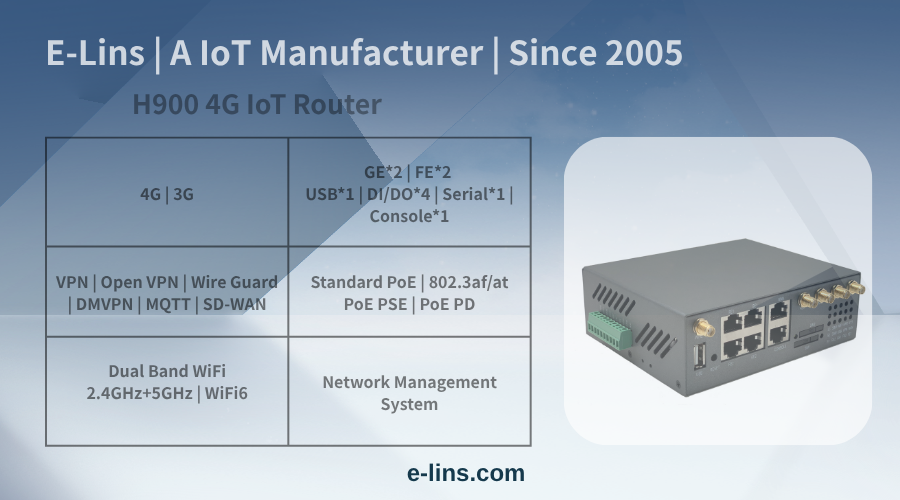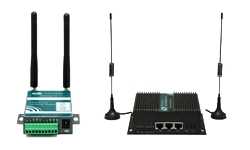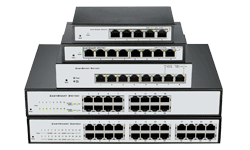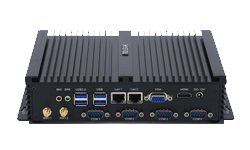How 5G Industrial Routers Changing Industry
How 5G Industrial Routers Changing Industry
1. What Is a 5G Industrial Router?
A 5G industrial router is a high-speed, rugged communication device designed to provide stable wireless internet access using 5G networks in industrial environments. These routers differ from standard home or commercial routers in several ways:
- Durability: Built to withstand temperature extremes, dust, vibration, and humidity.
- Advanced Networking Features: VPN support, dynamic routing protocols, failover options.
- Security: Embedded firewalls, encryption, and secure remote access.
-
Multiple
Interfaces: Ethernet, RS232/RS485, DI/DO ports
for integration with industrial equipment.
2. Why 5G Matters for Industry?
5G is more than just faster internet. Its unique characteristics make it a game-changer for industrial automation:
- Ultra-Low Latency: Enables real-time control of machines.
- High Bandwidth: Supports massive IoT device deployment.
- Reliability: Network slicing and private 5G ensure stable, dedicated connections.
- Mobility: Facilitates applications in autonomous guided vehicles (AGVs) and mobile robots.
3. Real-World Applications in Smart
Manufacturing
Here are a few ways 5G industrial routers are enabling innovation in factories:
- Predictive Maintenance: 5G allows machines to send real-time health data to analytics platforms for early fault detection.
- Edge Computing Integration: Routers equipped with edge computing can process data locally, reducing latency and bandwidth usage.
- AGV and AMR Communication: These mobile robots rely on low-latency, high-speed wireless networks to navigate the factory floor.
- Remote Monitoring and Control: Engineers can oversee equipment and respond to issues from remote locations.
4. Deployment Challenges and Considerations
While 5G brings tremendous potential, successful deployment of 5G routers in industrial settings requires consideration of:
- Infrastructure: Not all areas have 5G coverage. In such cases, routers with 4G fallback ensure continuity.
- Data Security: As data moves from machine to cloud, end-to-end encryption and VPNs are essential.
- Cost vs ROI: Though more expensive than traditional routers, 5G models offer long-term gains in efficiency and flexibility.
5. Future Trends
Looking ahead, expect the following developments in 5G industrial routing:
- Integration with AI and ML: Smart routing decisions and network optimization.
- Private 5G Networks: Enterprises deploying their own 5G base stations for security and performance.
- Green IoT: Energy-efficient routers that support sustainable manufacturing practices.
If you are search for a 5G industrial router, you can have a view of E-Lins’s H685f and H900f 5G IoT Routers.



 Networking
Networking EMBEDDED SYSTEMS
EMBEDDED SYSTEMS Switches
Switches Wireless Solutions
Wireless Solutions Industrial Computer
Industrial Computer Cloud Services
Cloud Services



